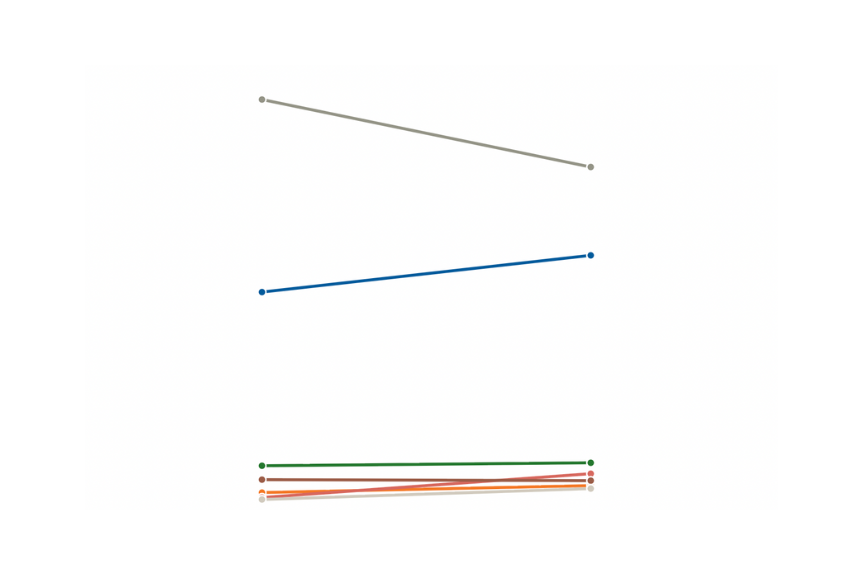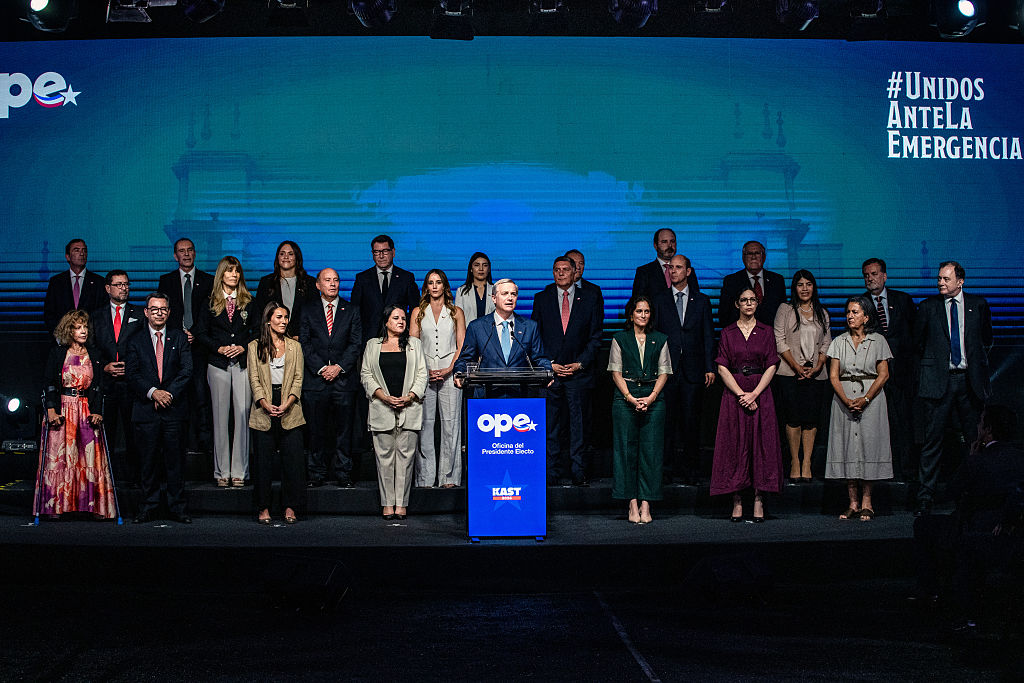Funes Calls for Unity after Win
Funes Calls for Unity after Win
After a divisive election, El Salvador's next president, Mauricio Funes, makes calls for unity and a moderate route to help shore up his country's economy at a time of global financial insecurity. But some raise concerns about which way he may find himself pulled by some members of his party.
Salvadorans chose leftist candidate Mauricio Funes as their new president in the heavily contested March 15 election. Funes put his first foot forward as president-elect with a call for national unity, vows to jump-start the ailing economy, and a pledge for moderation over radicalism. “There will be no confiscation, we will not reverse any privatizations. We will not jeopardize private property. There is no reason at this moment for fear,” said Funes, who pulled in just over 51 percent of the vote.
The former CNN journalist’s victory could be considered a major milestone in El Salvador’s history as it marks the end of 20 years of presidents from the Nationalist Republican Alliance (ARENA). Seventeen years after the end of the country’s civil war, the Farabundo Marti National Liberation (FMLN), once a Marxist guerilla group, comes to hold executive power. The Economist reposted a 1992 article online marking the end of the 12-year civil war that claimed 75,000 lives and turned the country into “a pawn on a great board whose far corners were in Angola and Afghanistan.” A GlobalVoices post logs positive reactions to Funes' win from across the Salvadoran blogosphere. An editorial in the Los Angeles Times says the “peaceful change of power is gratifying.” It also describes the country as “supremely divided and impoverished” and commends Funes for his calls for unity following a deeply discordant campaign.
Despite Funes’ pledges to take a more centrist path—along the lines of Brazilian President Inácio Luiz Lula da Silva—some suggest he could be pulled to the left by members of his party. He has said he does not plan for his country to exit from membership of the Central American Free Trade Agreement. But some suspect that other members of his party, including his vice president Salvador Sanchez Ceren, will seek to reverse market friendly reforms. Wall Street Journal explains that, while El Salvador’s economy has one of the most dynamic private sectors in the region, some business owners worry about Funes’ capacity to govern in tune with some of the more radical members: “Many here fear that the FMLN bloc in the National Assembly, with whom Funes has never had to work on legislation, may not share the new president's willingness to compromise with private enterprise.” Still, even if Funes finds himself pressured to turn leftward, he will also have to find a way to work with ARENA, which holds a large number of seats in El Salvador’s legislature and could block legislation.
During the election cycle, Arena candidate Rodrigo Ávila brought up concerns about Funes and the FMLN, comparing his rival to Venezuelan leader Hugo Chávez or neighboring Nicaragua’s Daniel Ortega. Indeed, as a Foreign Policy web exclusive noted, a great deal of the language used by both campaigns “focused on the situation outside the country’s borders.” The article suggests that, although some raised concern about U.S. intervention in the Salvadoran election, Barack Obama’s victory likely helped boost the FMLN as Funes modeled his campaign rhetoric after the U.S. president's "change" message.
The impact of events beyond the Central American country's borders could play a role in economic policy charted by Funes. As financial crisis grips the United States, concerns rise over the dependability of remittance flows from Salvadoran immigrants working abroad. Last year, Salvadoran immigrants living in the United States sent $3.2 billion home and 22.3 percent of families in El Salvador receive remittances. The Inter-American Development Bank this week predicted a drop in remittances to Latin America in 2009. Funes himself raised concerns about remittances in an interview with Los Angeles-based La Opinión. He pointed out that these funds represent 18 percent of El Salvador's GDP, making close relations with the United States crucial.








